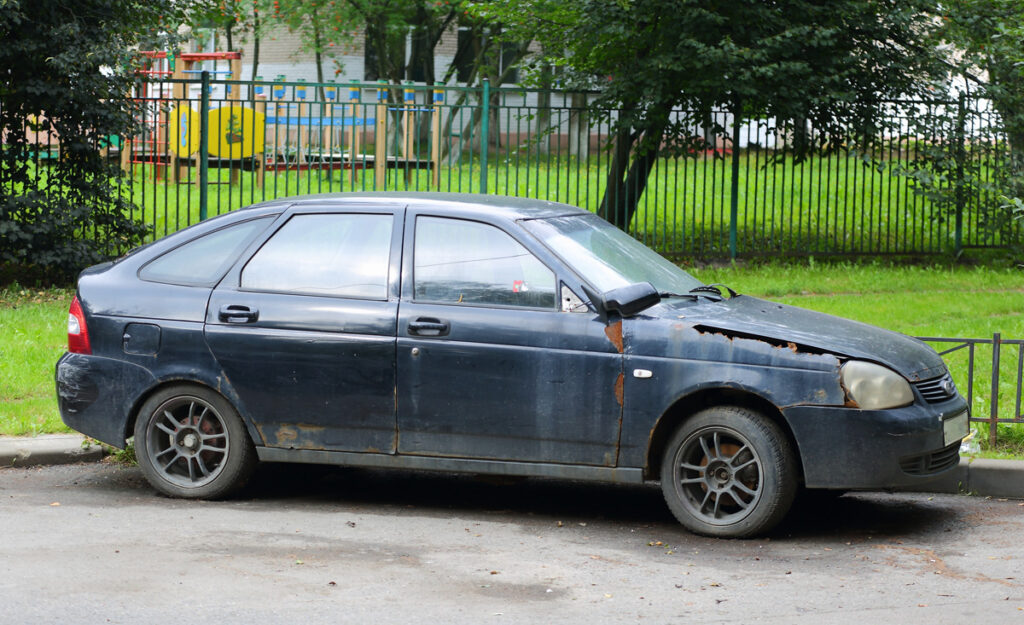
A recent investigation by the Organisation Undoing Tax Abuse (Outa) uncovered wide-spread corruption in South Africa’s vehicle testing sector.
It found that, in several instances, roadworthy certificates are issued to owners and fleet operators without their vehicles being physically inspected.
The association further discovered an alarming practice where vehicles fail roadworthy inspections in one province, only to be issued with a certificate by registered vehicle testing stations in another province, sometimes in as little as 30 minutes.
“From what we uncovered, it is clear that these vehicles never left Gauteng for a physical inspection in another province, but that roadworthy certificates were nevertheless issued,” said Rudie Heyneke, Senior Project Manager at Outa.
“This is fraud.”
Outa’s concerning findings have prompted the Vehicle Testing Association (VTA) of South Africa to call for stricter oversight and enforcement in the country’s roadworthy certification process.
Outa’s investigation primarily implicated Gauteng, Limpopo, and the North West provinces, however, the VTA said that similar issues have been observed in the Western Cape.
“We have experienced instances where a vehicle is placed on the inspection pit, only for the driver to receive a call from the owner instructing them to stop the test because they have already obtained a certificate from another province,” said VTA Chairperson, Ferose Oaten.
She stressed that authorities must adress the issue with haste, as it contributes to the dangerous environment on the nation’s roads.
“Fraudulent certifications endanger lives and must be eradicated to ensure that only roadworthy vehicles are on our roads,” said Oaten.
“As the VTA, we support Outa’s call for further investigation and appeal to all statutory roadworthy testing agents to uphold the law and operate with integrity.”
Vehicle testing disparities

The VTA further highlighted the disparity in testing frequency for the different vehicle classes in South Africa.
Buses are required to undergo roadworthy inspections every six months, while taxis must only be tested once a year.
Meanwhile, private cars – which account for around 80% of the 13 million vehicles in the country – are only checked for roadworthiness upon a change of ownership.
This indicates that the overwhelming majority of cars on the roads are not subject to regular checks.
The discrepancies between testing requirements for the various transport classes raises concerns about the safety of these vehicles.
“With road fatalities at critical levels, stricter roadworthiness inspections are essential,” said Oaten.
“Currently, private vehicles are only tested upon a change of ownership, while taxis and trucks are tested annually and buses every six months.”
This means that only 21% of the national vehicle fleet is subject to roadworthiness testing, a gap that significantly impacts road safety.
Oaten thus advocates for further industry collaboration to drive meaningful reform, including increased pressure for periodic testing across all vehicle categories.
“The lack of regular inspections, combined with poor road conditions and driver behaviour, contributes to the alarming road safety statistics,” she said.
The VTA calls for the implementation of more frequent roadworthiness testing, as originally proposed in Regulation 138 of the 22nd Amendment of the National Road Traffic Act.
“This amendment stipulates that vehicles older than 10 years should undergo testing every two years, but we are still awaiting confirmation on when this regulation will take effect,” said Oaten.
Furthermore, she noted that one of the most effective ways to curb fraud is to automate the test lane process in accordance with the minimum African Organisation for Standardisation standards.
“As mentioned in our recent letter to the Minister of Transport, this would make it significantly more difficult for a vehicle to be certified without undergoing a physical inspection,” said Oaten.
“By strengthening enforcement and embracing technological advancements in testing processes, South Africa can take a significant step towards reducing road fatalities and creating safer driving conditions for all road users.”










